Trade and commerce laws play a crucial role in regulating business activities and protecting consumers.
In Florida, these laws have a significant impact on both businesses and consumers.
This article will provide an overview of Florida’s trade and commerce laws, discussing the main regulations in place and how they affect business operations and consumer rights.
We will explore the enforcement of these laws, the penalties for violations, and recent changes and controversies surrounding them.
Stay tuned to learn more about the intricate web of regulations that govern trade and commerce in the Sunshine State.
Key Takeaways:
- Florida’s trade and commerce laws aim to protect both businesses and consumers, ensuring fair and ethical practices in the state.
- These laws have a significant impact on businesses, regulating their operations and practices, and can bring both benefits and challenges for companies.
- For consumers, Florida’s trade and commerce laws provide important rights and protections, and violations can result in penalties for businesses..
Impact of Florida’s Trade and Commerce Laws on Businesses
The influence of Florida’s trade and commerce laws on businesses is notable, affecting operational practices, compliance costs, and the overall economic impact. Policies supported by leaders like Ron DeSantis have a substantial impact on shaping the business climate.
How Do These Laws Affect Business Operations and Practices?
These laws impact business operations and practices through the enforcement of strict measures against pyramid schemes, the requirement to utilize E-Verify for employee verification in accordance with USCIS guidelines, and the promotion of fair trade practices.
Additionally, businesses are required to adhere to regulations concerning workplace safety, data protection, and minimum wage standards. By fulfilling these operational requirements, companies can establish a fair and level playing field for both employees and customers.
Enforcement of these regulations typically involves audits, inspections, and penalties for non-compliance, all aimed at upholding ethical business practices. This serves to cultivate a reliable business environment while safeguarding the rights and interests of all stakeholders participating in the commercial ecosystem.
What Are the Benefits and Challenges for Businesses?
The benefits for businesses include a fair competitive environment and consumer trust, while challenges often involve navigating complex regulations related to human smuggling and immigration law, especially for those operating near states like Georgia.
Businesses that adhere to robust trade laws often find themselves better equipped to compete on a level playing field, enabling them to gain consumer trust and expand their operations. The complexities of immigration laws, particularly in regions like Georgia, can pose hurdles in terms of hiring and retaining skilled workers, as well as managing cross-border transactions efficiently.
Such challenges require businesses to stay updated on changing policies and invest time and resources in compliance efforts to ensure smooth operations and sustainable growth.
Impact of Florida’s Trade and Commerce Laws on Consumers
The influence of Florida’s trade and commerce laws on consumers is significant, offering safeguards against fraud and unjust practices, particularly in online marketplaces, supported by federal measures such as the INFORM Consumers Act.
How Do These Laws Protect Consumers?
These laws protect consumers by imposing strict penalties for illegal conduct and regulating major online platforms like Amazon and eBay to ensure transparency and accountability. Additionally, they establish guidelines to prevent fraud and deceptive practices, giving consumers the confidence to make informed purchasing decisions.
These laws mandate that online marketplaces and sellers provide accurate product descriptions, pricing information, and clear refund policies to protect consumers from falling victim to scams or counterfeit products. Furthermore, by setting standards for data privacy and security, these regulations aim to safeguard personal information and financial transactions conducted online, reinforcing trust in digital commerce.
What Are the Rights and Responsibilities of Consumers under These Laws?
Consumers are entitled to fair treatment and accurate information and are accountable for reporting violations. Programs like the Unauthorized Alien Transport Program and agencies such as the Department of Corrections are involved in enforcement.
According to consumer protection laws, individuals can anticipate their rights to encompass the right to privacy, the right to be informed, the right to choose, and the right to be heard. Additionally, consumers have the responsibility to stay informed about their rights, thoroughly assess products or services before making a purchase, and promptly report any fraudulent activities or violations.
Reporting violations can be accomplished through various avenues, such as reaching out to consumer protection agencies, submitting complaints online, or seeking legal counsel.
Various programs and agencies, including the Consumer Financial Protection Bureau and the Federal Trade Commission, play crucial roles in safeguarding consumer interests through complaint investigations, law enforcement, and the provision of resources for consumer education.
Enforcement of Florida’s Trade and Commerce Laws
Enforcement of trade and commerce laws in Florida is mainly handled by the Attorney General, with assistance from other organizations like the Criminal Justice Impact Conference and the Department of Corrections to guarantee thorough oversight and accountability.
Who is Responsible for Enforcing These Laws?
The enforcement of these laws primarily falls under the jurisdiction of the Attorney General, with support from federal agencies like the U.S. Department of Homeland Security to tackle wider regulatory issues.
The Attorney General supervises the enforcement of trade and commerce laws through the Department of Justice, which involves looking into possible violations, bringing offenders to justice, and promoting consumer protection.
Entities like the Federal Trade Commission are instrumental in overseeing competition and preventing anticompetitive behaviors in the market. Cooperation among these federal bodies guarantees a thorough strategy to uphold fair trade practices and protect the economy from fraudulent activities.
What Are the Penalties for Violating These Laws?
Penalties for breaking these laws can result in hefty fines, revocation of business licenses, and, in cases of serious wrongdoing, imprisonment overseen by the Department of Corrections.
Financial penalties can vary from fines to substantial amounts that could financially devastate a business. Non-compliant establishments may face temporary or permanent closure as operational consequences. For severe violations, criminal charges can result in lengthy prison terms.
The Department of Corrections is responsible for ensuring that individuals convicted of these offenses serve their sentences as dictated by the law, promoting accountability and deterrence within the legal system.
Recent Changes and Controversies Surrounding Florida’s Trade and Commerce Laws
Recent changes and controversies regarding Florida’s trade and commerce laws have been shaped by legislative actions and political leadership. This includes initiatives led by Governor Ron DeSantis and comparative studies from states like Kentucky and their Legislative Research Commission.
What Are the Current Debates and Discussions about These Laws?
Current debates and discussions about these laws center around their economic impact, with organizations like the CATO Institute sharing their perspectives on the potential benefits and drawbacks for Florida’s economy.
Critics raise concerns that these new laws could result in job losses and impede economic growth, while supporters argue that they might attract more businesses to the state, stimulating employment and revenue. Economic studies have presented conflicting findings, further fueling the ongoing discussion.
Some experts caution that the changes could introduce uncertainty and disrupt existing industries, while others argue that they are essential to modernize the business environment in alignment with global trends. As stakeholders continue to express their views, the economic implications remain a focal point of the debate.
What Changes Have Been Made to These Laws in Recent Years?
In recent years, there have been modifications to these laws, which include the enactment of CS/CS/SB 1718 and CS/HB 1617, along with the contentious introduction of the Unauthorized Alien Transport Program.
CS/CS/SB 1718 was designed to tackle immigration enforcement issues by improving collaboration between state and federal authorities, while CS/HB 1617 concentrated on enhancing consumer protection measures. These legislative adjustments have generated discussions among policymakers and advocacy groups.
The rollout of the Unauthorized Alien Transport Program has specifically generated controversy, with critics voicing concerns about its implications for immigrant communities and civil liberties. Despite the objectives of these programs, navigating the changing legal environment remains a challenge for both legislators and the public.
Frequently Asked Questions
What are Florida’s trade and commerce laws?
Florida’s trade and commerce laws refer to a set of regulations and statutes that govern the activities of businesses and individuals engaged in trade and commerce within the state of Florida.
How do Florida’s trade and commerce laws impact businesses?
These laws have a significant impact on businesses in Florida as they dictate how businesses can operate, what they can sell, and how they can advertise their products or services.
What types of businesses are affected by Florida’s trade and commerce laws?
All businesses operating in Florida, regardless of their size or industry, are subject to these laws. This includes both local businesses and those conducting business within the state from outside.
What are some key areas covered by Florida’s trade and commerce laws?
Some key areas covered by these laws include consumer protection, sales and marketing practices, product safety standards, and trade regulations with other states and countries.
What happens if a business violates Florida’s trade and commerce laws?
Businesses found to be in violation of these laws may face penalties such as fines, license revocation, or even criminal charges. They may also be required to provide restitution to consumers who were harmed by their actions.
Are there any exemptions to Florida’s trade and commerce laws?
There are certain exemptions and exceptions to these laws, depending on the type of business and the specific activities involved. It is important for businesses to consult with a lawyer or legal expert to understand their obligations and any potential exemptions.


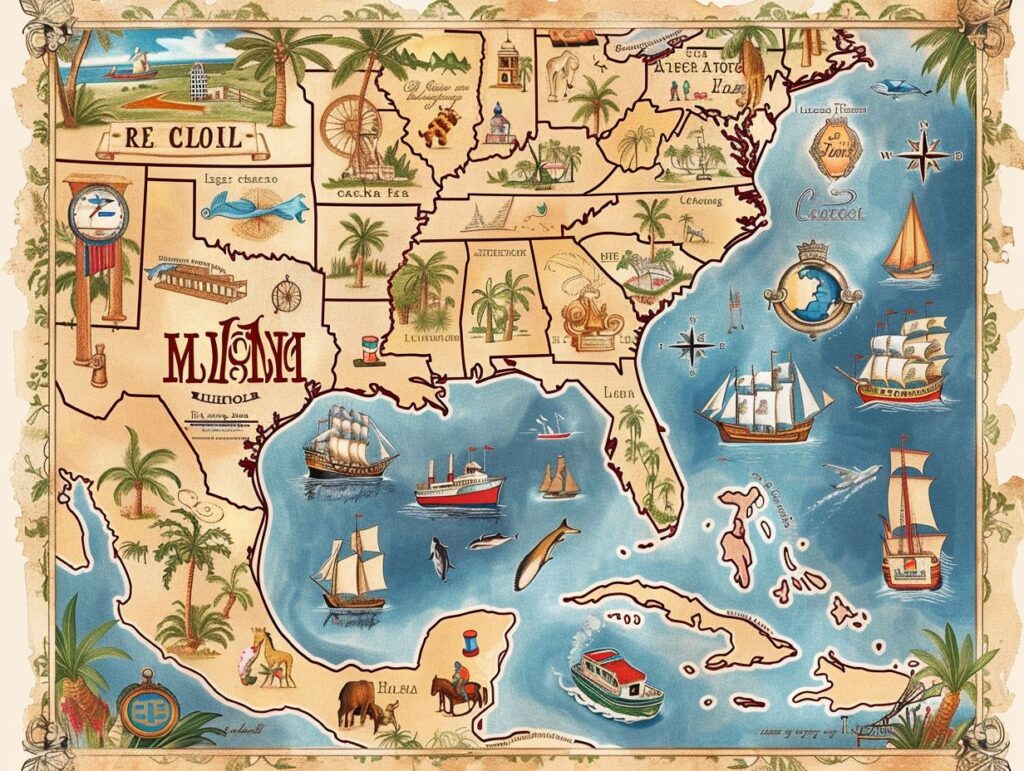
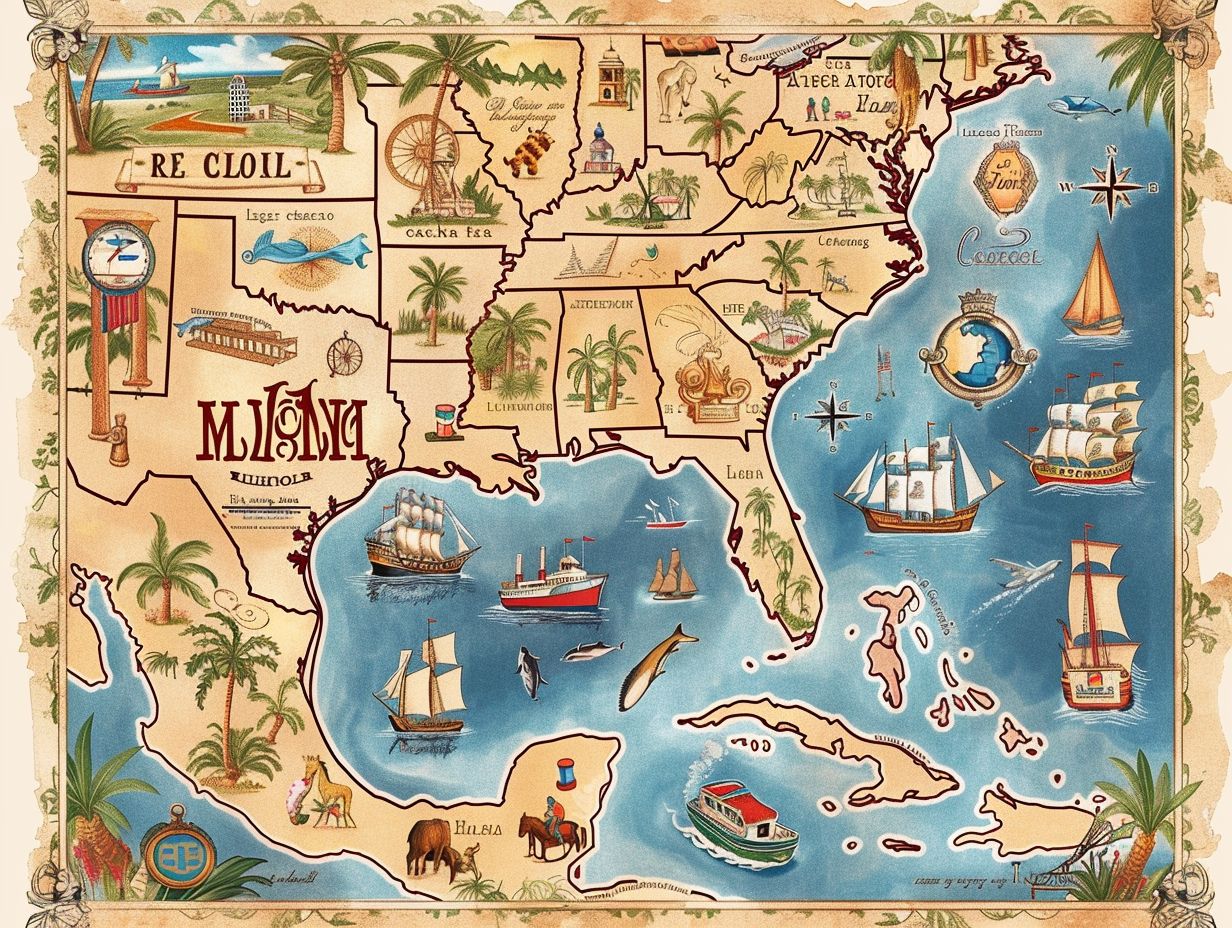
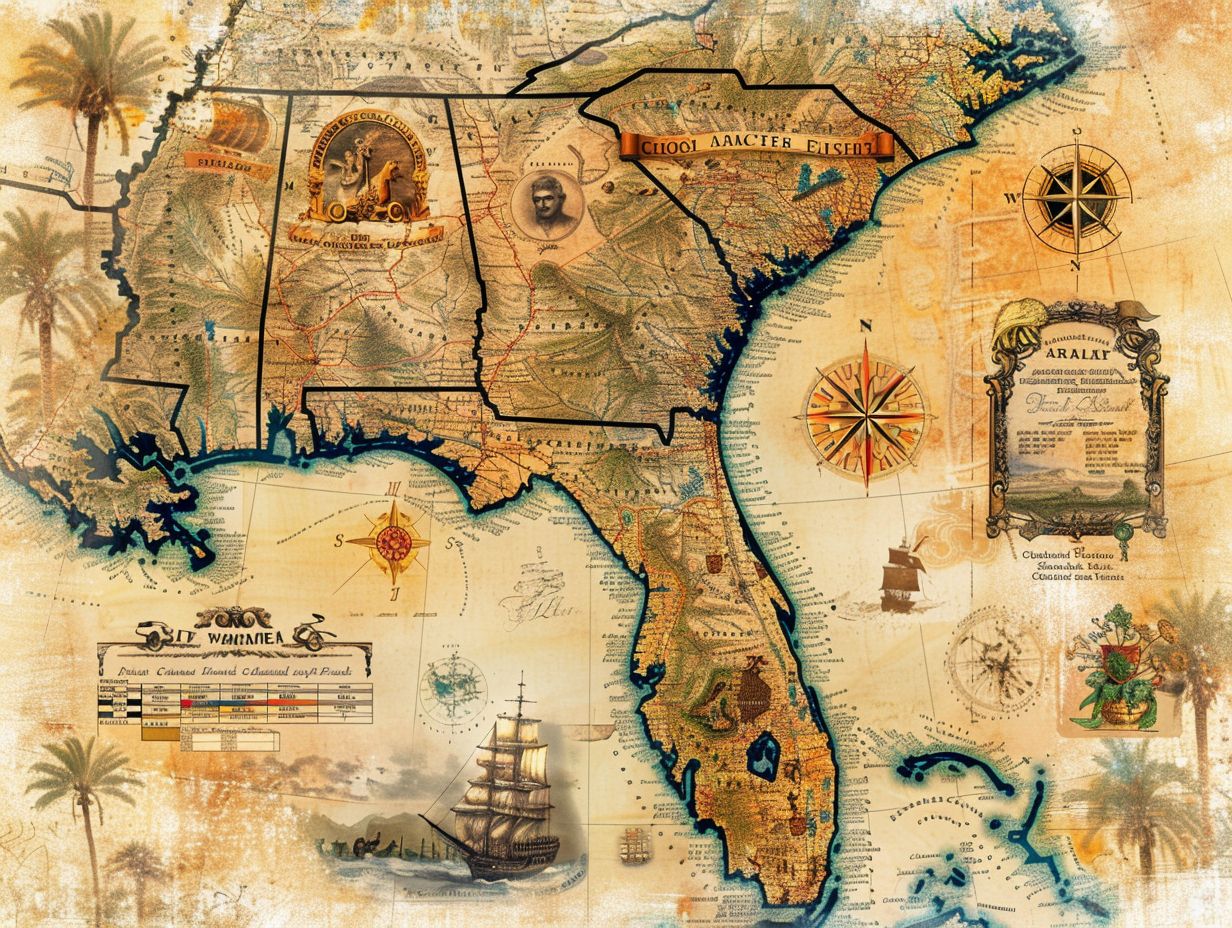




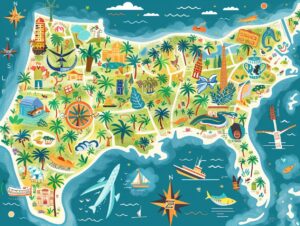











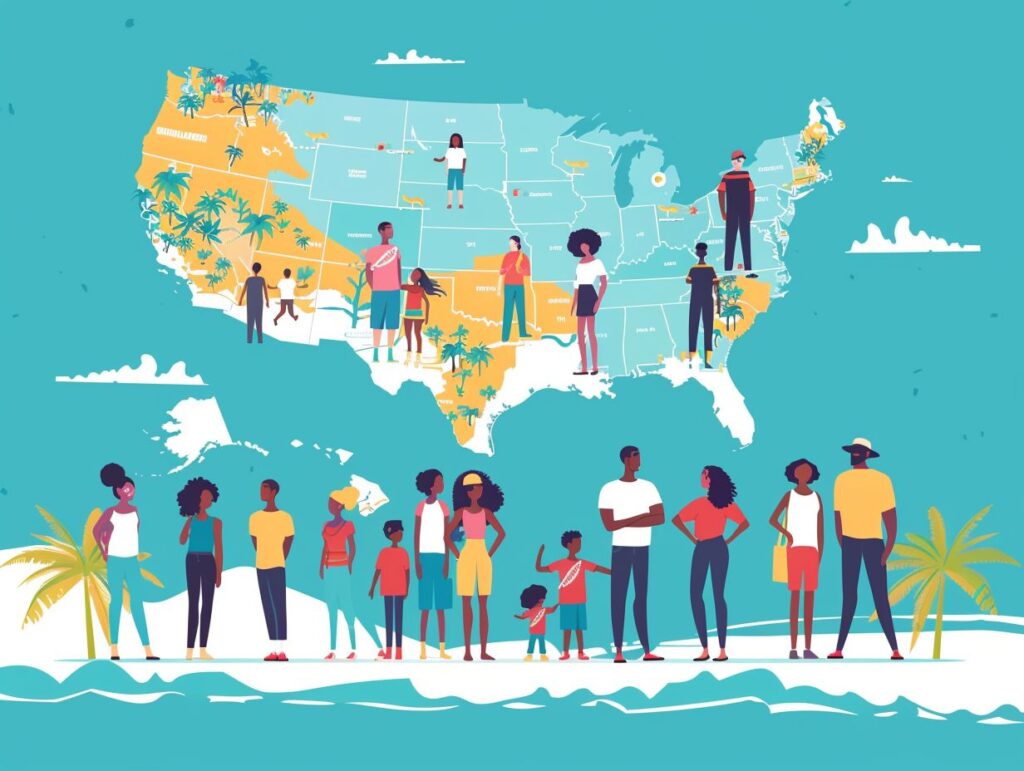




Rate this article:
No Comments yet!